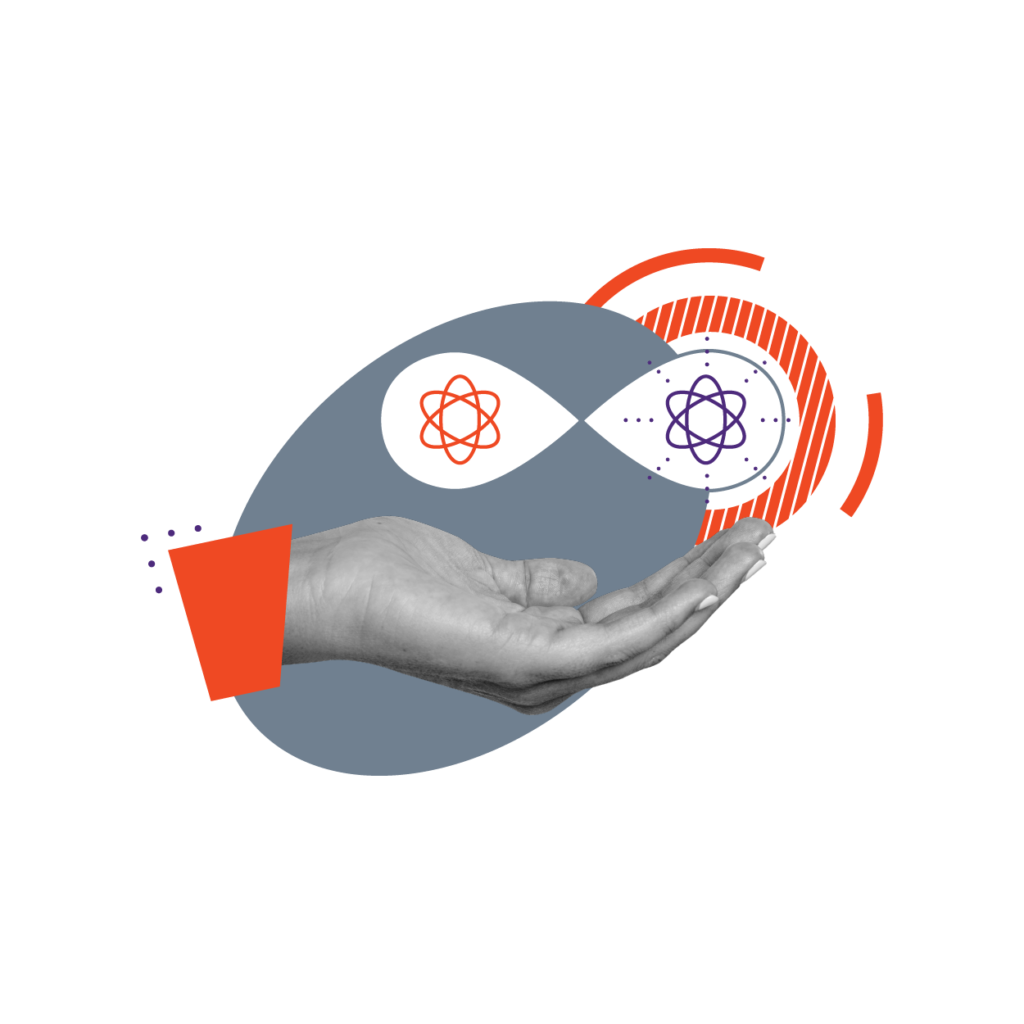Space Systems

The field of quantum communication has rapidly gained traction in recent years due to its potential to revolutionise cybersecurity and networking in face of the future threat of quantum attacks.
Quantum communication relies on the principles of quantum mechanics to transmit information securely over long distances without the risk of undetected interception. However, this technology is still in its nascent stages, and there are significant challenges to be overcome before it can be fully deployed in practical settings.
In this sense, in March 2022 SnT launched the Luxembourg Quantum Communication Infrastructure (LUQCIA) project, funded by the European Union – Next Generation EU, with the collaboration of the Department of Media, Connectivity and Digital Policy.
LUQCIA is a five-year project to build a national testbed for quantum communication infrastructure (QCI) and enable advanced collaborative research in this domain. The project aims to make Luxembourg competitive in this field at a European and international level, and foster an active research ecosystem by pooling resources from public and private stakeholders. And, while its immediate target is QKD applications, which are more likely to have an impact in the short term, the testbed infrastructure is being designed to also support nascent areas, such as space-based QKD and quantum information networks.
The preliminary design of the testbed foresees two nodes in the grounds of the University of Luxembourg, which can be federated with similar national initiatives by private companies (e.g., SES and ESA’s EAGLE-1 initiative) to create more complicated topologies and pave the way to QKD through satellite systems. This means that, once the testbed is ready, public and private actors will be able to conduct research and test their quantum key distribution applications, quantum information networks, and much more, in the established framework of the SnT partnership programme.
“The project entails multiple lasting benefits for the Grand Duchy,” said Prof. Symeon Chatzinotas, Head of the Signal Processing and Communications Research Group running the project. “With the forecasted advent of quantum computing in the next five to ten years, the encryption protocols currently in use will be broken in a very short time, with unimaginable consequences for data privacy and security.

In the short term, having a quantum infrastructure available will allow companies such as financial institutions to stay ahead of the competition by testing the future gold standard for cybersecurity for later implementation. In the short to mid-term, the lab – in the framework of the project LUX4QCI, launched in February 2023 – will create a local talent pool in quantum communications and post-quantum cybersecurity, which will in turn attract more FinTech and Space companies to the country. The Lux4QCI project is co-funded by the Digital Europe Programme.
“In the long term, the infrastructure we will have tested in LUQCIA and further implemented with LUX4QCI will make Luxembourg a key QCI node in the heart of Europe, with far ranging economic benefits,” said Prof. Chatzinotas. “What’s more, SES is currently leading a European consortium to build the first sovereign European end-to-end space-based QKD system, EAGLE-1, which will include a state-of-the-art operation centre in Luxembourg. We are planning to test space-based QKD in LUQCIA in connection with EAGLE-1, but this is only the beginning. The quantum space revolution is upon us, and its European foundations are firmly rooted in Luxembourg.”
The long-term vision for LUQCIA is to empower technological advancements towards the quantum internet; the project enables us to do all the necessary preliminary testing. With LUX4QCI, we are building the country’s QCI infrastructure, assessing different topologies and probing its encryption and networking capabilities. Due to its size, Luxembourg is well on track to be the first European country with a full-fledged national QCI infrastructure, which will make it a unique case study in quantum communications for society, and open countless opportunities for residents and companies alike. And while the cost of quantum computers won’t allow citizens to own one at home in the foreseeable future, the quantum internet will allow public institutions and companies to rely on an enormous computational power that will be used for complex modelling, finance applications, advancements in pharmacology, and much more.
This article was adapted from an interview published on 8 June 2023.
